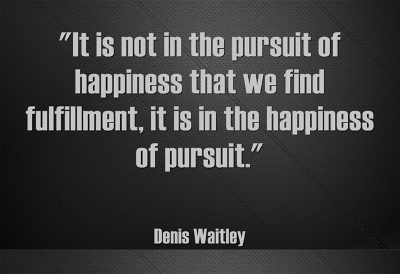In her post ‘You say Tomato, I say Tomato… When Language is the Enemy’, Valeria Maltoni remarks that a lot of business strategy vocabulary revolves around war-related terms. The businessman is a tough warrior. She also remarks that war-terminology typically denotes scarcity: “The war metaphor creates the wrong incentives. A mindset of scarcity is a self-fulfilling prophecy, a train wreck waiting to happen. Competition is also keeping people stuck in their ways ? this produces different flavors of thinking about problems and separate languages”

In the new world of abundance of the Collaborative Age, this vocabulary is probably not completely adapted (although there will still be battles for some market positions though). It should be possible to replace it with a more collaborative vocabulary, in particular when it comes to strategies for change and transformation, which require more of an introspective and gentle approach.
Developing such a vocabulary is a trademark of some successful coaches and change consultants, and the cornerstone of a successful organisational transformation.











